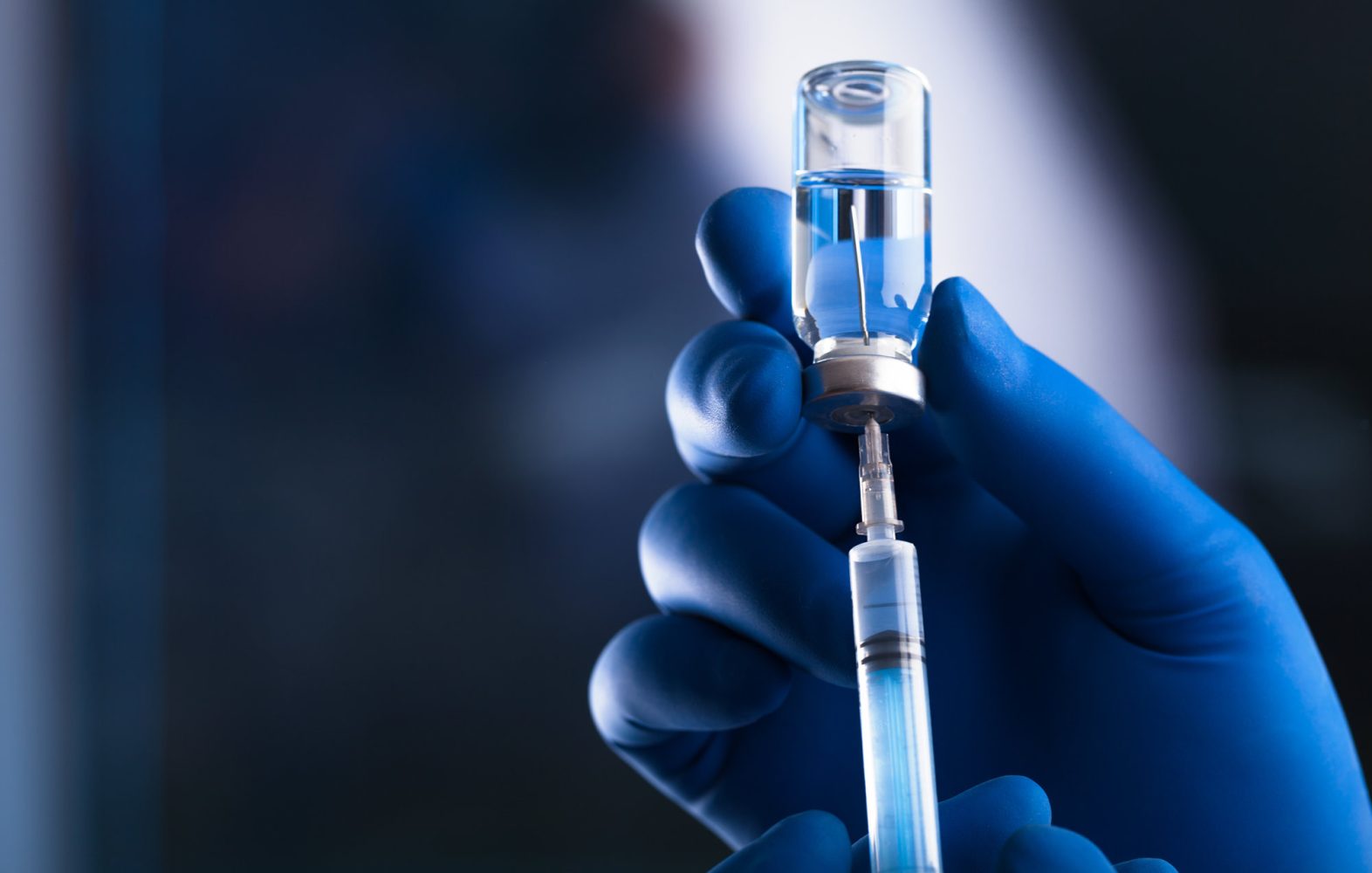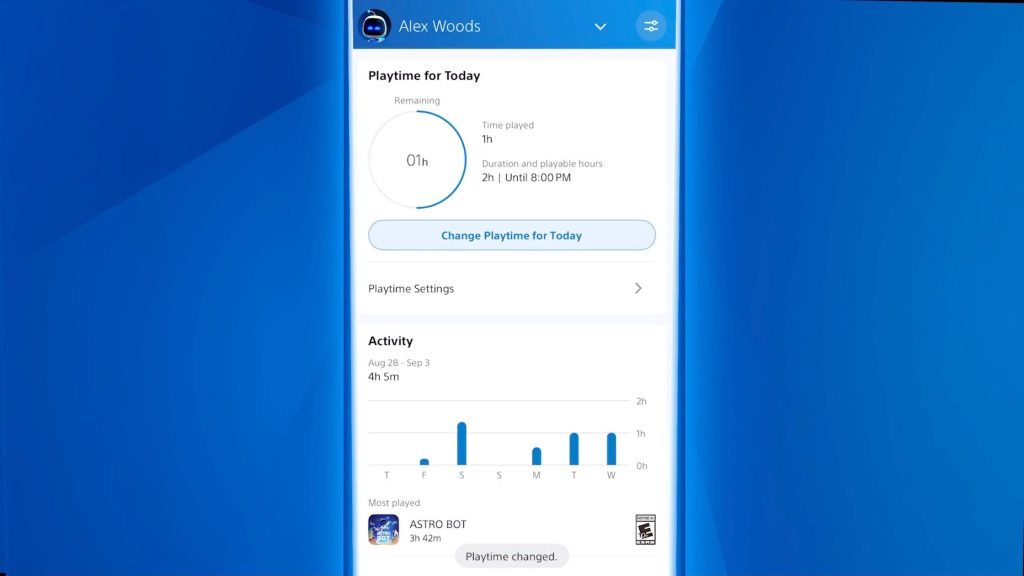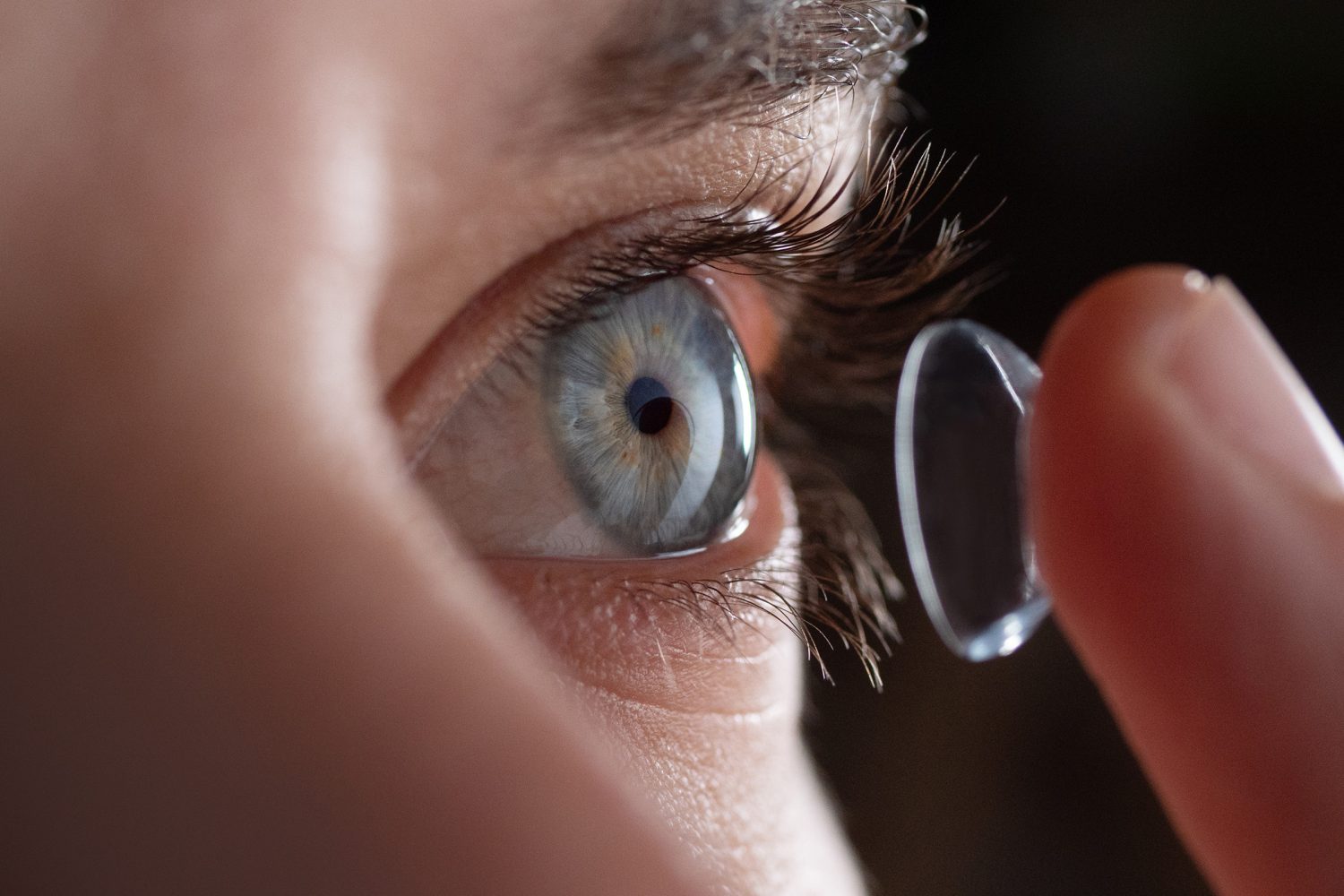Now Reading: Researchers Develop Non-Hallucinogenic Form of LSD
-
01
Researchers Develop Non-Hallucinogenic Form of LSD
Researchers Develop Non-Hallucinogenic Form of LSD

Quick Summary
- Researchers at the University of california, Davis, have modified LSD to retain its therapeutic benefits without causing hallucinations.
- The altered compound, called JRT, involved repositioning just two atoms in LSD’s molecular structure.
- JRT stimulates brain cell growth, repairs damaged neural connections linked to mood and cognition, and shows no hallucinogenic effects in lab mice.
- Early tests show JRT improved schizophrenia-like symptoms in mice and demonstrated strong antidepressant effects at doses 100 times lower than ketamine.
- The research team spent five years developing this modification and plans to enhance synthesis while exploring similar analogs.
- If accomplished, medical LSD could offer safer psychiatric treatments for conditions like depression and psychosis without conventional risks associated with psychedelics.
Image Sources:
- A doctor holding a syringe and drug vial [Main Image]
- MRI scan labeled Alzheimer’s research [Support Image]
Indian Opinion Analysis
The advancement of non-hallucinogenic medical LSD through atomic-level modifications possibly marks a new turning point in psychiatric care globally-including India-where mental health resources are frequently enough stretched thin relative to demand. India faces challenges such as the stigma surrounding mental illnesses alongside inadequate access to cutting-edge therapies for severe conditions like treatment-resistant depression or schizophrenia.
Solutions like JRT could offer significant benefits by reducing dependency on substances that might provoke unpredictable side effects or societal controversy (e.g., ketamine or hallucinogens). However, questions of affordability and accessibility will be crucial if India’s healthcare system is to adopt such innovations once human trials are completed abroad.
As the researchers continue developing the drug’s synthesis techniques further-a process requiring long-term investment-India’s regulatory bodies may find opportunities down the line to build partnerships aimed at accelerated domestic production models for emerging compounds like medical LSD derivatives tailored toward its population contexts responsibly-neutral testing path emerges poignant beyond clinical_CENTER




























